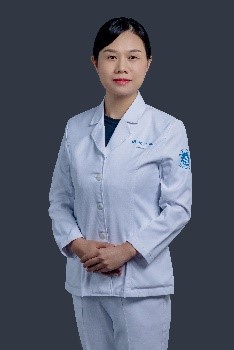Training schedule
Monday
1st Week: Introduction & Welcome, Program overview and objectives, Department introduction
Weekly: Outpatient observation, Clinical skills training, Mentor one-on-one training
Biweekly: Case-based discussion, Complicated case study
-Topics (Wound ostomy clinic):
· Ostomy bag changing techniques
· Causes, prevention, and treatment of common ostomy complications
· Causes and prevention of common chronic wounds
· Principles and treatment of various chronic wounds
Tuesday
Weekly: Clinical rounds, MDT conferences, lectures
Biweekly: Mentor one-on-one training, surgical observation in colorectal surgery
-Topics (Colorectal surgery):
· Types of diseases and surgical procedures related to wound ostomy incontinence in colorectal surgery
· Surgical modalities and procedures related to ostomy
· Perioperative care of ostomy surgery, such as preoperative positioning, postoperative observation
· Colonoscopy
Wednesday
Weekly: Clinical rounds, Academic lecture
Biweekly: Mentor one-on-one training, Surgical observation in urology surgery
-Topics (Urology surgery):
· Types of diseases and surgical procedures related to wound ostomy incontinence in urology surgery
· Urostomy surgery procedure
· Perioperative care of urinary stoma
· Cystoscopy, urodynamic testing
· Pelvic floor muscle training
Thursday
Weekly: Case-based discussion, Academic lecture
Biweekly: Mentor one-on-one training, clinical skills training
-Topics (Rehabilitation medicine):
· Prevention and management of incontinence dermatitis
· Management and precautions for patients with neurogenic bladder
· Intermittent catheterization technique, biofeedback therapy
Friday
Weekly: Clinical rounds, Clinical skills training
Biweekly: Complicated case study, seminars
Last Week: Wrap-Up & Reflection, Participant presentations or discussion of key takeaways, Feedback session
-Topics (Vascular surgery):
· Common related diseases in vascular surgery
· Surgical principles of lower extremity arteriovenous ulcers
· Wound management of lower extremity arteriovenous ulcers
· ABI measurement method and compression therapy






